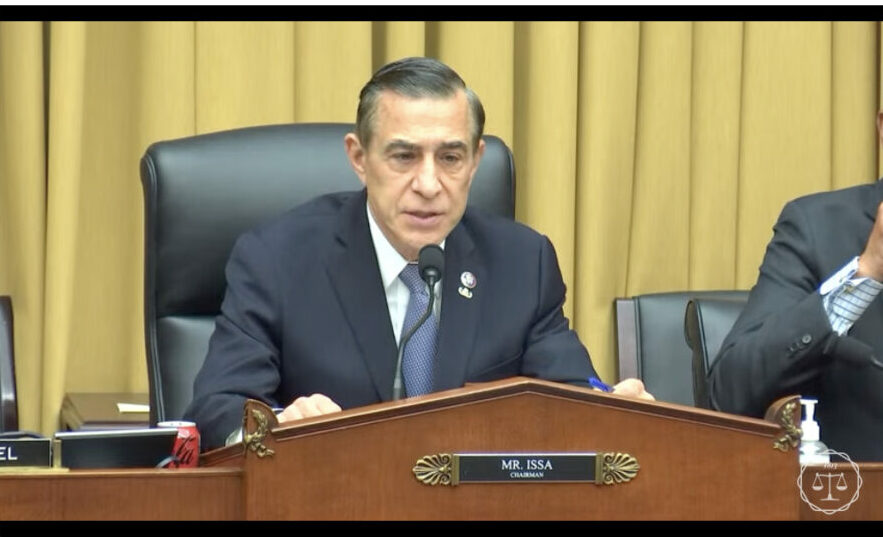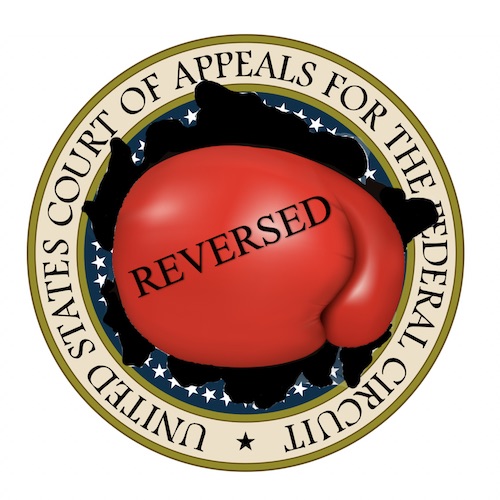House IP Subcommittee Suggests Vidal is Overstepping with Advanced PTAB Proposals
“I think it’s really a surprise that the PTO – that is publishing the proposed rules – is now saying it’s not their proposed rules. If we got it wrong, we can revisit it, but it’s not up to the PTO to try and make the law and redo it in their rulemaking process.” – Rep. Zoe Lofgren
Today’s hearing of the House Judiciary Subcommittee on Courts, Intellectual Property and the Internet on Oversight of the U.S. Patent and Trademark Office (USPTO) demonstrated some confusion on the part of Congress about the intent of USPTO Director Kathi Vidal’s recent Advanced Notice of Proposed Rulemaking (ANPRM) on changes to Patent Trial and Appeal Board (PTAB) processes, and suggested the Subcommittee members believe she may be exceeding her authority.
House IP Subcommittee: This is Our Job
Many of the Subcommittee members said they would prefer for the types of changes included in the ANPRM to go through the legislative body. Representative Nathaniel Moran (R-TX), for instance, said, “I’m seeing a lot of overstep I don’t quite care for,” and expressed concern about the separation of powers.
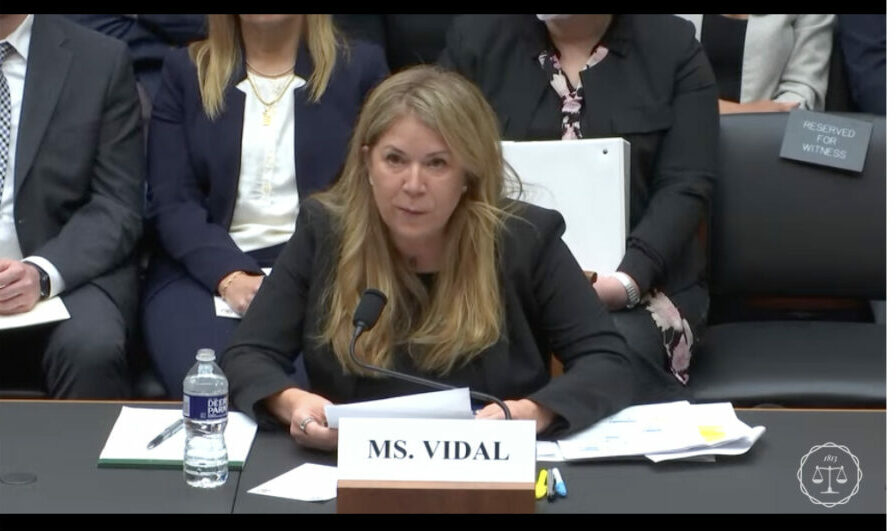 Vidal attempted to clarify that the ANPRM includes both stakeholder and USPTO proposals that they are looking for feedback on, and said some may not ultimately make it into the official Notice of Proposed Rulemaking (NPRM) set to be published later this year; however, the congress members seemed to dismiss this explanation and throughout the hearing likened the ANPRM proposals to an NPRM. “I still look at it as a proposed rulemaking,” Subcommittee Chairman Darrell Issa said toward the end of the hearing.
Vidal attempted to clarify that the ANPRM includes both stakeholder and USPTO proposals that they are looking for feedback on, and said some may not ultimately make it into the official Notice of Proposed Rulemaking (NPRM) set to be published later this year; however, the congress members seemed to dismiss this explanation and throughout the hearing likened the ANPRM proposals to an NPRM. “I still look at it as a proposed rulemaking,” Subcommittee Chairman Darrell Issa said toward the end of the hearing.
Congressman Russell Fry (R-SC) even asked Vidal if perhaps the ANPRM should be put on hold pending a thorough examination by the Subcommittee, but Vidal tried to assure Fry that the ANPRM is just an additional tool to collect stakeholder feedback, and not a proposed rulemaking.
Representative Zoe Lofgren (D-CA) shared Moran’s and Fry’s concerns, and said she found Vidal’s explanation for the inconsistencies in the ANPRM with congressional intent surprising, and “very odd.” Lofgren was particularly concerned with the proposed approach to creating an exception to discretionary denial if an inter partes review (IPR) petition is filed within six months in the ANPRM, rather than the statutorily-prescribed one year. Vidal again explained that the ANPRM contains provisions proposed by stakeholders and a “myriad of options,” and that the Office wants to hear feedback on whether they even have authority move forward with the proposals. But Lofgren was unconvinced.
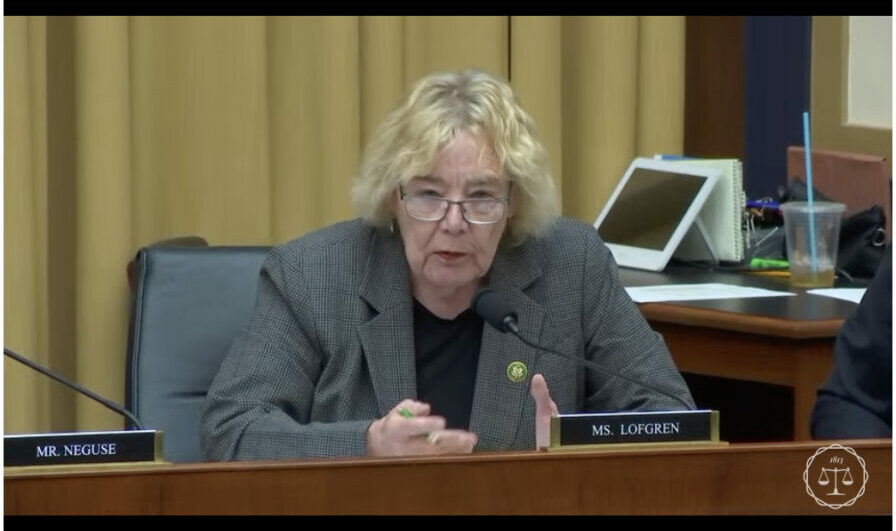
“I think it’s really a surprise that the PTO – that is publishing the proposed rules – is now saying it’s not their proposed rules,” Lofgren said. “If we got it wrong, we can revisit it, but it’s not up to the PTO to try and make the law and redo it in their rulemaking process.”
Representative Thomas Massie (R-KY) also actively questioned Vidal throughout the hearing, and shared his colleagues’ view that Congress should be shaping the law. He also called out the PTAB as catering to Big Tech and foreign entities.
Issa ultimately asked Vidal to provide names of everyone consulted in the process of compiling the ANPRM so the Subcommittee could get a better understanding of the Office’s “deliberative process.”
The Politics of Director Review
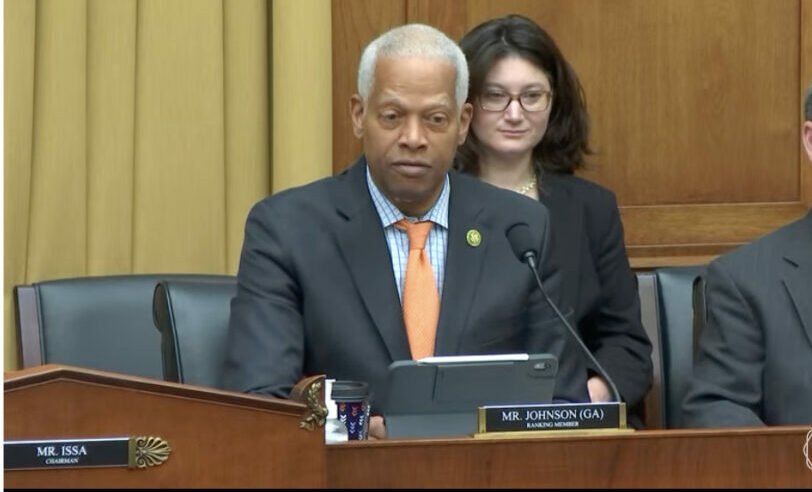
“The degree of change in PTAB proceedings under different Directors has done nothing to allay my fears. The patent system is not meant to be subject to frequent and unpredictable fluctuations. The point of a 20-year patent is to allow for planning, investment and realization of new inventions. I’m concerned we’ve allowed the law to become too subjective and too subject to the particular views of different administrations. This is not the stable basis on which our country’s innovation ecosystem should rest.”
Johnson was also concerned about the problem of fraudulent trademark filings, which the processes implemented by the Trademark Modernization Act of 2020 helped to curb to some extent, but filers have learned how to abuse as well. Vidal agreed, but said that between December 2022 and March 2023, 19 U.S. licensed attorneys were referred to the Office of Enrollment and Discipline for investigation related to signing fraudulent trademark applications. “We’re aware and on top of it,” she said.
Issa: Why Not Go Directly to Rulemaking?
Discretionary denial practice was perhaps the topic raised most frequently during the hearing, and Vidal said it is also the biggest concern she has heard from litigants in the PTAB process during her first term “year of listening.” That is why she issued the interim guidance on discretionary denial and now the ANPRM. But Issa questioned whether this approach is even proper. He asked Vidal:
“Many of the things in your ‘proposed proposed rulemaking’ include items which have become part of an unofficial operating procedure at the PTO. In other words, you’ve been doing them as though they were rules for a period of time, and now they’re out there as comment. Do you think it’s appropriate to put them out for further comment when in fact you’re already doing them, or should they have gone directly to rulemaking, since you’re already doing them without going through the statutory process that we on this side of the dais have legislated for you?”
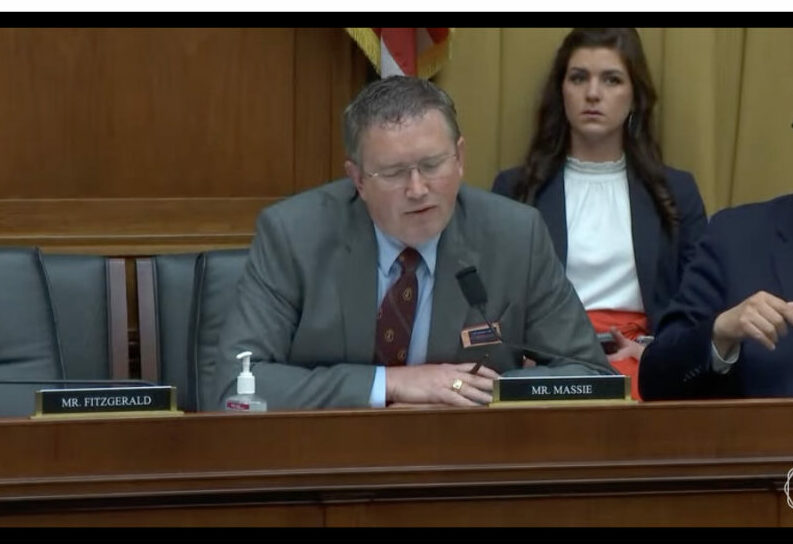
The Subcommittee members also raised questions about the need to fix patent eligibility law in order to remain competitive with China; the issues surrounding forum shopping and trial times in the Eastern and Western Districts of Texas courts; whether standing should be required to bring PTAB cases; and the due process problems raised by Federal Circuit Rule 36 decisions for small businesses and inventors. On the latter topic, Massie introduced for the record IPWatchdog’s January 2019 article.
While the hearing did not touch substantively on Vidal’s Request for Comments on Robust and Reliable Patents, which include a number of provisions that would impact patenting practices in the life science space, in written testimony submitted to the Subcommittee, the U.S. Chamber of Commerce’s Global Innovation Policy Center (GIPC) said today that it supports USPTO efforts on inclusive innovation but that it is concerned about “contemplated actions on the life-sciences innovation ecosystem.” The GIPC also said it is “concerned about the breadth and complexity of the USPTO’s recent advance notice of proposed rulemaking on the post–grant review process, even as we continue to review the issues raised.”
Vidal’s full testimony is available here.

